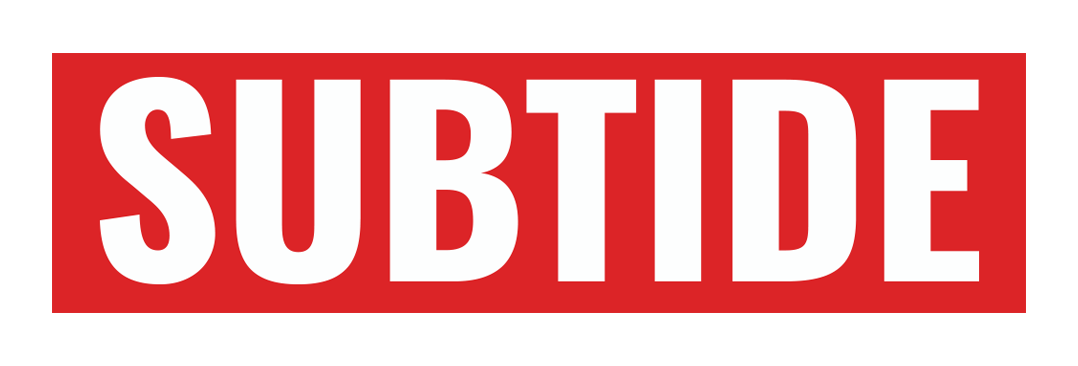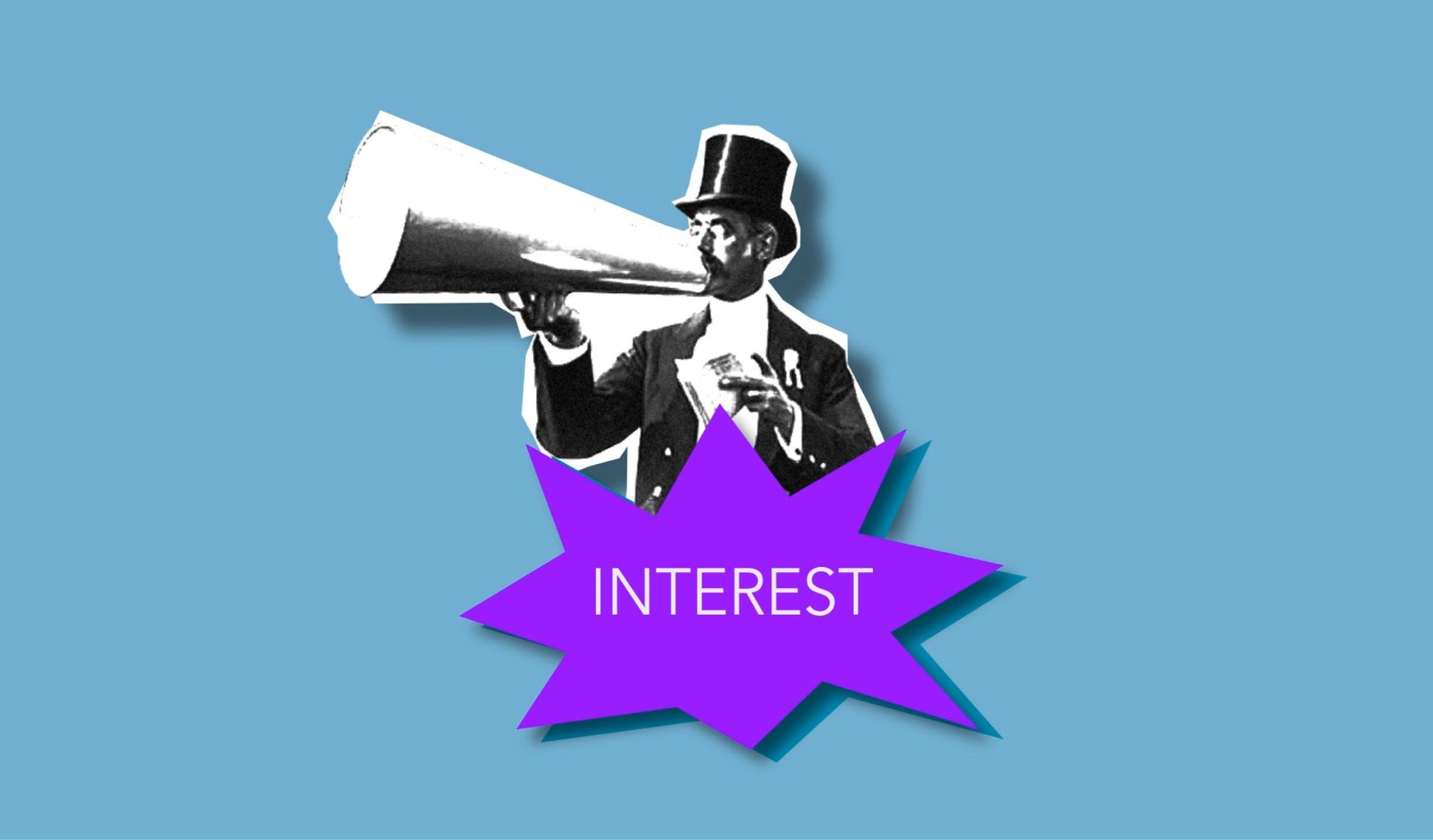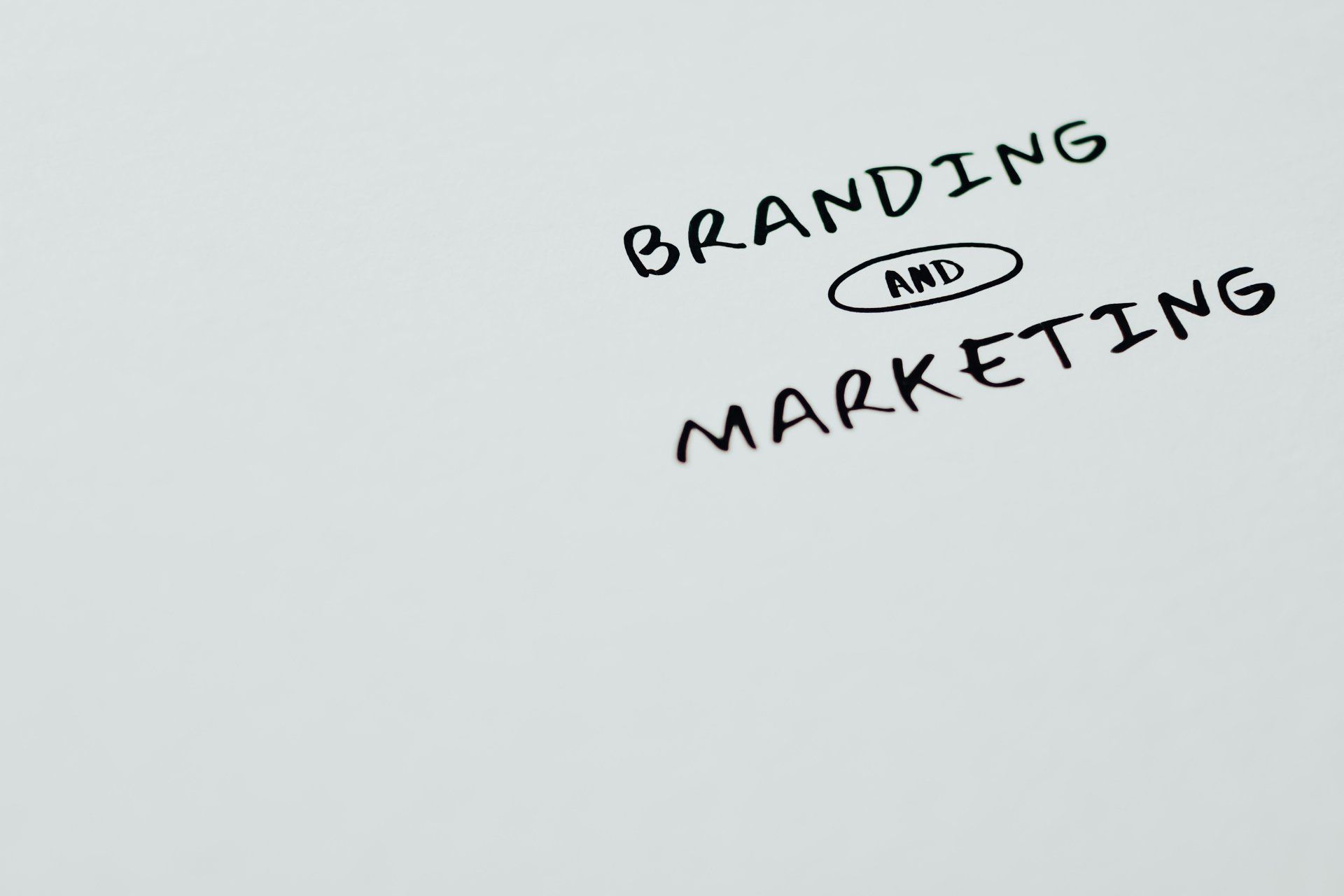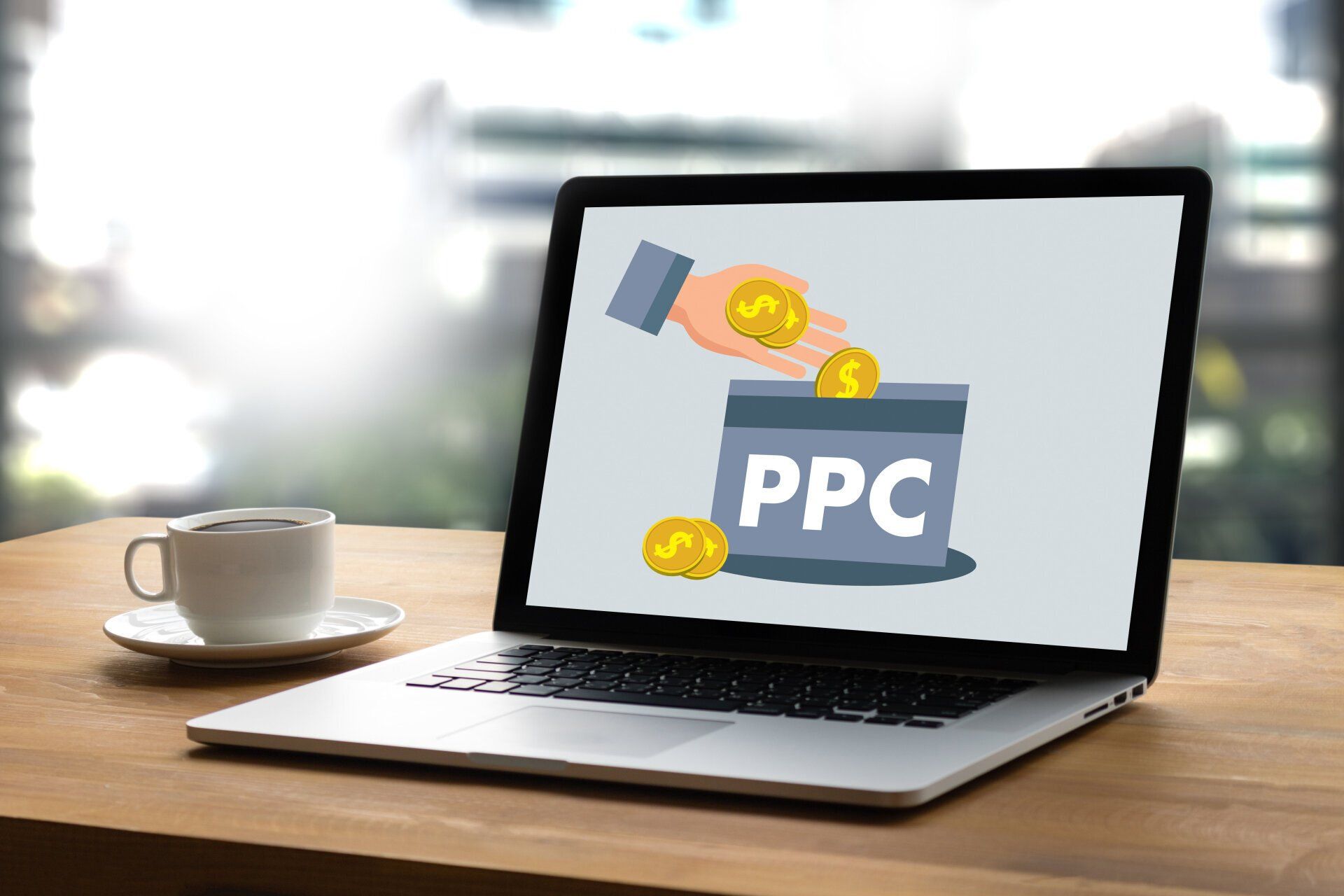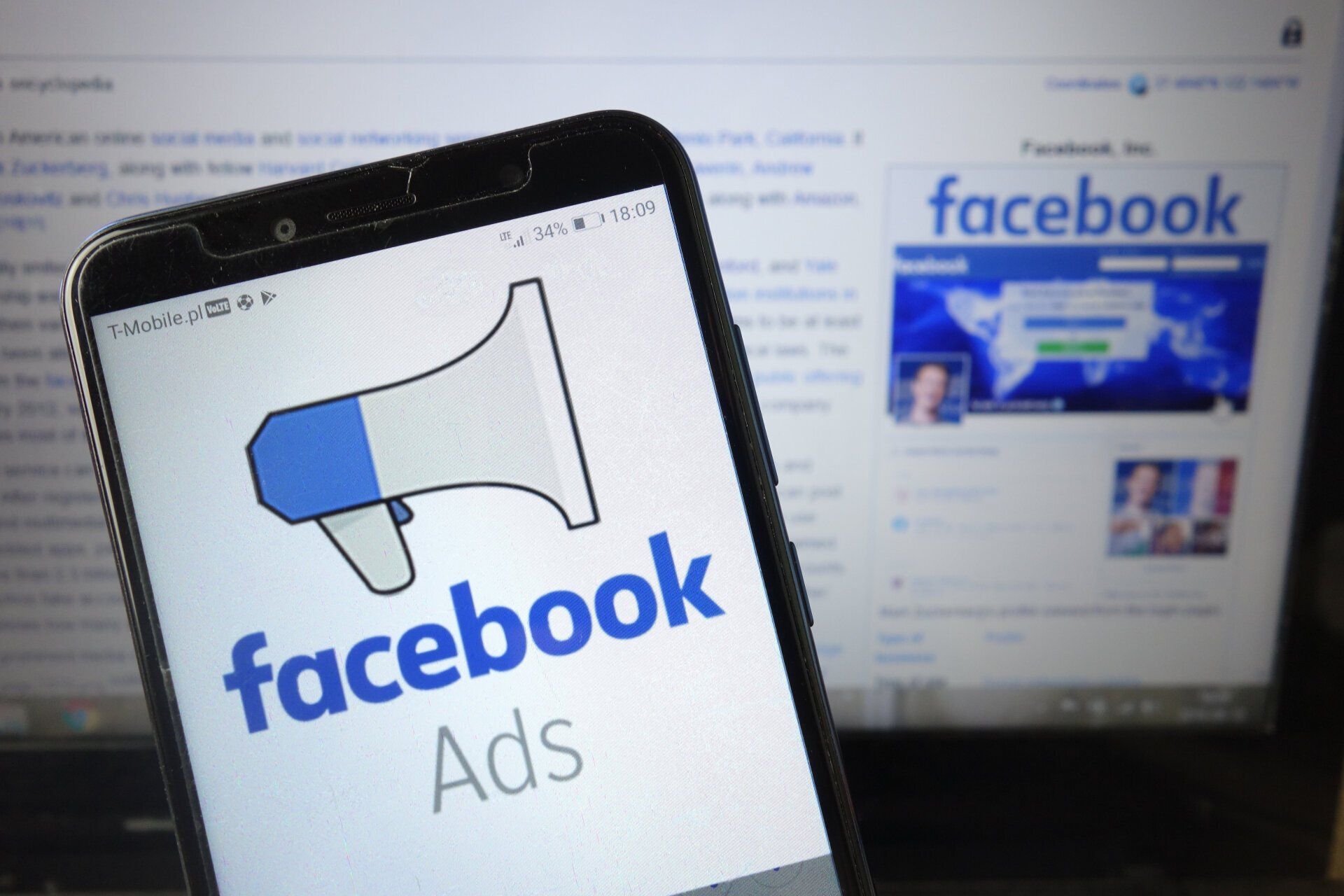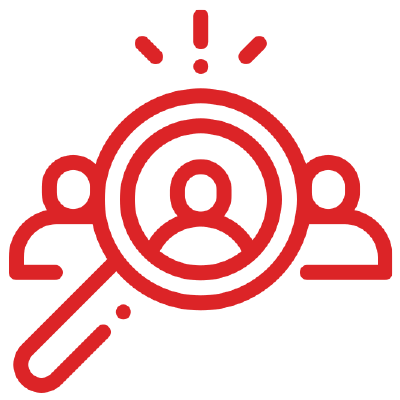Blog

SEO vs PPC Introduction As a small business owner, it's important to understand the difference between SEO and PPC so you can decide which is best for your business. If you're new to advertising, these definitions might not be as clear-cut as they seem! We'll discuss why each method works in its own way and how to choose the right one for your needs. SEO is the process of optimizing your website to get better rankings in search engines. SEO is the process of optimizing your website to get better rankings in search engines. It's a long-term strategy that requires patience and persistence, but it can be more effective than PPC advertising when you're looking to generate traffic to your site. There are many aspects of SEO, including: Keyword research - choosing which keywords you want to target and finding the ones that have the most potential for generating traffic and conversions (i.e., sales). On-page optimization - making sure that all pages on your site are optimized so they rank well in search results pages (SERPs). This includes things like having keyword-rich content with relevant links back to other content on the page or site, as well as adding meta descriptions so Google knows what each page is about before users click through from SERPs (this helps them determine whether this particular result should show up at all). PPC is the process of paying to place ads on websites, social media and other platforms. PPC is the process of paying to place ads on websites, social media and other platforms. It's a great way to drive traffic to your website, especially if you're looking for specific audiences or keywords that aren't being reached organically (that is, by search). You can choose how much you want to pay per click or impression and target specific demographics like age range, gender and location. SEO takes a longer time to see results but has more impact and usually more conversions. SEO is the process of increasing the visibility of your website or page in search engine results. It's usually done by creating content that's relevant to what people are searching for, and then promoting it through different channels. PPC stands for "pay per click." It refers to advertising on social media platforms like Facebook and Twitter, as well as Google Adwords (which we'll talk about below). PPC ads typically appear in a sidebar on websites or at the top of search results when someone searches for something specific like "SEO tools," so those who see them may not even realize they're looking at an ad rather than regular organic content from another user on social media sites like Facebook or Twitter. Most people see an initial spike in traffic from a PPC campaign, but it dies out quickly and requires constant work. When you run a PPC campaign, the initial spike in traffic can be very effective at driving visitors to your website. However, this initial boost is often followed by a plateau and then a decline as users either click away or become disengaged with the ads they see on their screen. This means that while PPC may be effective at driving traffic in the short term, it's not sustainable over time. It's also expensive: according to research firm eMarketer, US advertisers will spend $34 billion on pay-per-click ads this year--and that number will only continue to grow as time goes on! That makes it hard for small businesses with limited budgets to compete effectively against larger companies who have more resources available for marketing purposes. The main goal for most businesses is sales, so it's important to know what your goals are before choosing an advertising method. It's important to know what your goals are before choosing an advertising method. If you want to see results quickly, PPC is a good choice. But if you want long-term results, SEO is probably better for you. Let's say that as a business owner or marketer, your goal is to get more customers and make more sales. You could choose to do this by using either SEO or PPC--or both! There's no one-size-fits-all solution when it comes to advertising When it comes to advertising, there's no one-size-fits-all solution. Both SEO and PPC can be effective when you know what you're doing and have a clear goal in mind. While SEO is a longer term investment (which means you'll have to wait longer for results), it also tends to be more effective because Google has better search results than Facebook does. On the other hand, PPC campaigns are great for getting immediate results at a much lower cost than SEO--but they can get expensive quickly if not managed properly! It's important to understand how each form of advertising works before deciding which one is right for your business goals and budget; knowing what kind of content people want will help determine whether or not they'll click on an ad from Google or Facebook when searching online." Conclusion We hope this article has given you a better understanding of what SEO and PPC are and how they can help your business. Whether you decide on one or both, it's important to remember that there's no one-size-fits-all solution when it comes to advertising. What works for one company may not work for another because each business has different goals and budgets.

Why is Digital Marketing Relevant? Introduction Digital marketing is the most effective way to reach consumers. It's an effective and affordable system that can provide important feedback on how your brand is performing. Subtide Digital Marketing utilizes informative on-page and off-page tools that you can use to target potential customers. Digital marketing can also provide measurable ROI and quantify your ad-spend in relation to your generated revenue from those ads or lead generating opportunities. People are also trusting online reviews more than personal recommendations these days because there's accountability for what was written from both sides of those reviews. This type of online credibility now helps build brand loyalty and gain potential customers. Digital Marketing is a cost-effective way to reach consumers. Digital marketing is more affordable than traditional marketing methods like direct mail or print ads because you don't have to pay for postage, printing materials or distribution channels like stores or newspapers (which are disappearing anyway). It's also able to reach more people in a shorter time period. It provides the most measurable results. Digital marketing is the most measurable form of marketing. The ability to track results and see what works and doesn't work, provides data and insight, creating a feedback loop of information to make; design, landing pages, or messaging changes as necessary. If your lead generation is setup for specific tracking, Subtide can see how many people are clicking on your ads, which pages they are visiting (and which ones they aren't) and how much money you are making from each campaign. With traditional forms of advertising such as print or television ads it's hard for businesses to know if their message was received by their target audience or not. With digital advertising there are no such problems. You will know exactly how many people viewed your ad and whether or not those viewers converted into customers for your business! Digital marketing is a great way to generate leads and sales. There are many different ways in which digital marketing can be used to generate leads, including: Improving website keyword rankings through SEO and optimizing your Google "organic" search results. Utilizing "paid" advertising to compliment your SEO efforts, promoting your business through social media channels such as; Instagram, Facebook, and TikTok. Creating email newsletters sent on a regular (scheduled) basis with valuable information about your industry or niche market, along with special offers for subscribers only or a more blanketed "opt-in" campaign approach. Creating landing pages where people will go if they're interested in learning more about what you have to offer (these landing pages should include calls-to-action that encourage visitors who land on them to sign up for your particular offer or newsletter, etc.). Most customers found online today prefer to complete a transaction right there, on their computer or phone. It can sometimes be uncomfortable talking to strangers on the phone, especially when it comes to asking for help or making an important purchase or service decision. Digital marketing will remain relevant for years to come. Digital marketing has been around since the early 2000s, when search engines and social media first became popular. Since that time, it has become one of the most important ways of advertising for businesses today. It allows for businesses and consumers to access information online and find exactly what they need quickly and easily. In fact, according to Statista's "Digital Marketing Market Size" report published in 2019 (and updated annually), nearly one trillion dollars was spent on digital advertising worldwide and continues to grow. Conclusion Digital marketing is a great way to reach more customers and give them what they want - you want your business or organization's name out there as much as possible so people know who you are and who they're working with. When they buy from you or hire you, there' s a very good chance that it was done using: Google search, Facebook, Instagram, TikTok, etc. Where millions upon millions are utilizing these apps daily and getting very tuned in to what they need or want, it makes sense to utilize Subtide Digital Marketing as part of any strategy moving forward into 2023+.
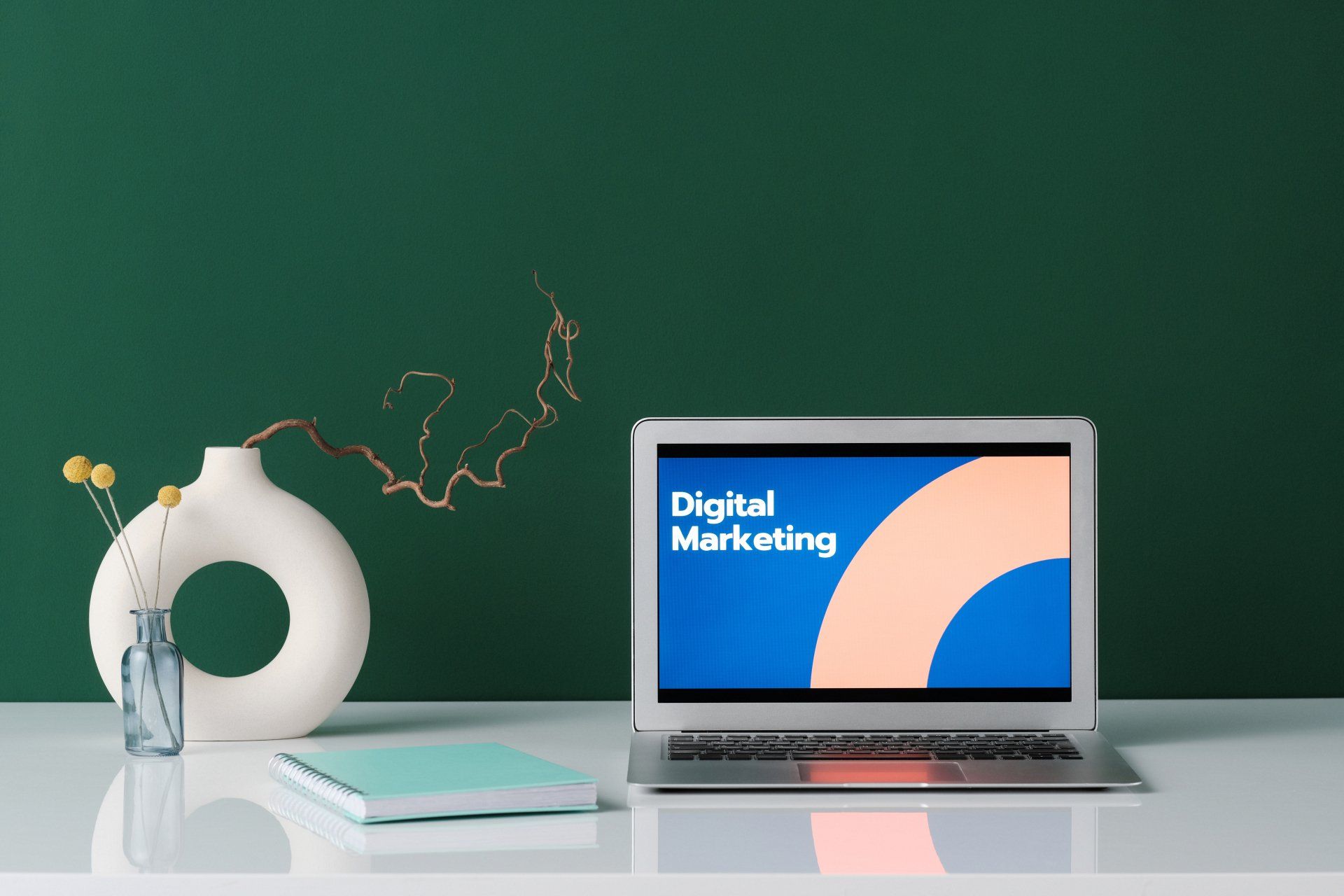
How Digital Marketing Works in 2023 Introduction Over the past 10 years, digital marketing has become extremely complex. While it's tempting to think of it as just "posting on social media" or "having your website rank in Google," that would be very limiting. The truth is that digital marketing requires an understanding of many different things, such as SEO, SEM, PPC, SMM, just to mention a few. Digital marketing is an essential part of any business strategy. It helps you to grow your business by increasing conversions, building brand awareness, driving traffic and converting leads into sales. Search Engine Optimization (SEO) Search Engine Optimization (SEO) is the process of improving your website's organic visibility in search results. It's a long-term strategy that can help you grow your business by reaching new customers and attracting more conversions. It's not just about keywords though; SEO is also about building links and authority, creating content that people want to read, optimizing user experience on your site so that it ranks higher in search engines like Google. Search Engine Marketing (SEM) Search Engine Marketing (SEM) is the process of getting traffic from search engines by using keywords, ads and other marketing methods. SEM often used to increase brand awareness and drive traffic to a website. It's a long-term strategy that requires patience and persistence. The best part about SEM? You can do it yourself! You don't have to hire a marketer or spend thousands of dollars on an agency with high fees. You also do not need to learn how to do it yourself, as this can take a long time to figure out best practices in order to get results. Not to worry - We're here for you! Our team will teach you everything about SEM that we know so that when we say "we know our stuff", it's not just marketing speak but rather something based on fact. Paid Search Advertising (PPC) PPC (pay-per-click) advertising is a form of online marketing that allows you to pay for your ads to appear on search engines, social media, and other websites. Paid search ads are usually displayed in text links or as ads on the side of the page. When someone searches for a keyword related to your business or product(s), their query triggers an auction where advertisers bid on specific terms using automated software tools called ad platforms. The highest bidder wins the right to show their ad when someone clicks on that keyword search term and lands on one of their web pages--and if it's clicked enough times by users over time (aka "impressions"), then they'll be charged for each impression generated by those clicks/visits made by people interested in finding out more about this particular offer! Social Media Marketing (SMM) Social media marketing (SMM) is a strategy used to promote a product or service through social media channels. Social media platforms such as Facebook and Twitter are a great way to connect with customers and prospects, but they aren't without their challenges. If you're going to succeed with SMM, you need a plan--and this guide will help you create one that works for your business. Email Marketing Email marketing is a great way to build relationships with your customers. It's also a great way to drive sales and conversions, get feedback from your customers, or simply stay in contact with them. Here are some ways email marketing can help your business: Build trust with personalized messages that show you care about each individual subscriber. Drive traffic to your website by sending out links or coupons for deals on products/services they're interested in buying. Keep current customers coming back by sending out newsletters that highlight new products/services on offer at the moment (and maybe even remind them why they chose this company over others). Content Marketing Content marketing is the process of creating and distributing valuable, relevant and consistent content to attract and retain a clearly defined audience. The objective of content marketing is to drive profitable customer action. The primary goal of content marketing is engagement with your target audience. This can be achieved through any number of different channels including, social media posts, videos on YouTube, blog articles written on websites, infographics etc... Affiliate Marketing/Partnerships Affiliate marketing is one of the most popular forms of digital marketing today. It's also a great way to generate leads and sales for your business. You can partner with other businesses that have products or services that are complementary to yours, or you can promote their products or services on your website, blog, social media and email marketing campaigns. Digital marketing is about more than just social media and SEO. Digital marketing is all about understanding your audience and what they want, and delivering it to them in a way that makes them feel like you understand them. As we've seen throughout this guide, there are many different ways of doing this--from building relationships with influencers to creating high-quality content that resonates with your target audience. Digital marketing involves the whole process of connecting with customers online and helping them solve a problem or fulfill their needs through your product or service. Conclusion Digital marketing is a complex and ever-evolving industry. It's important to keep up with the latest trends so that you can implement them in your own brand strategy. With so many options available, it can be hard to know where to start--but don't worry! Our guide has outlined all of the most popular types of digital marketing as well as their benefits and drawbacks so that when choosing which one would work best for your business, there will be no confusion involved at all. Good luck!
